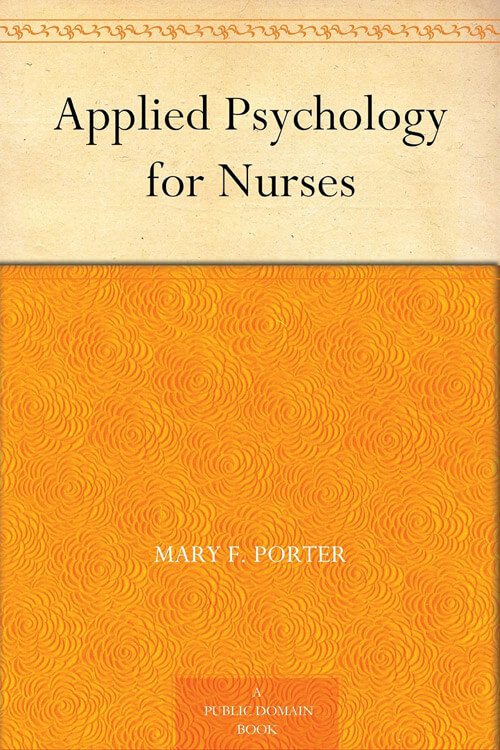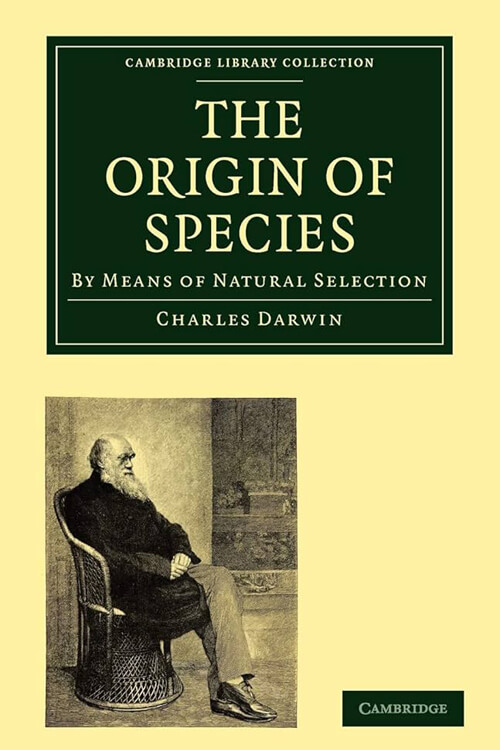
Applied Psychology for Nurses
Consciousness is evidenced in the protozoön, the simplest form in which animal life is known to exist, by what we call its response to stimuli. The protozoön has a limited power of self-movement and will accept or reject specific environments. But while we see that mind expresses itself in consciousness as vague, as dubious as that of the protozoön, we find it also as clear, definite, and far-reaching as that of the statesman, the chemist, the philosopher. Hence, the “phenomena of mental life” embrace feeling, knowing, and willingness—not of man alone, but of all creatures. In our study, however, we shall limit ourselves to the psychology of the human mind since that concerns us vitally as nurses. Animal, race, and comparative psychology are not within our practical needs in hospital life. We would know the workings of man’s mind in disease and health.
What are the automatic responses to fear, as shown by babies, children, and primitive races? What are the typical expressions of joy, anger, or desire? What external conditions call forth this evidence? What are the acquired responses to what initially caused fear, pleasure, or anger? How do grown-ups differ in their reactions to the same stimuli? Why do they differ? Why does one man walk firmly, with a stern, set face, to meet danger? Why does another quake and run? Why does a third man approach it with a swagger and face it with a confident, reckless smile of defiance? All these are legitimate questions for the psychologist. He will study man’s mind by finding how his body acts—that is, by watching the phenomena of mental life—under various conditions; then, he will seek the “why” of the action. We can only conclude what is in the mind of another by interpreting his expression of his thinking and feeling. We cannot see within his mind.
Read or download Book
Mary F. Porter
Biography.
No author information is available.






